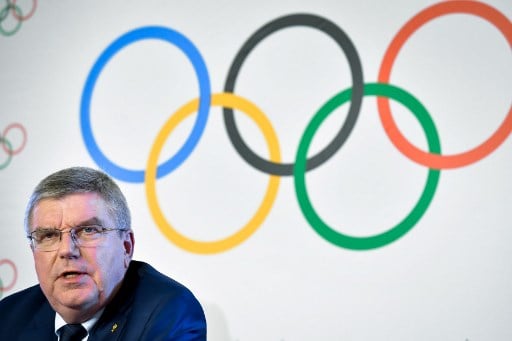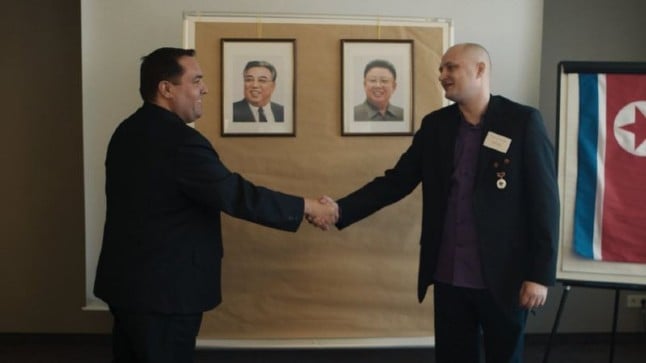“We will be as flexible as we can be,” an IOC spokesman told AFP over North Korea sending a team to the Pyeongchang Games in South Korea.
On Tuesday North and South Korea will hold their first official dialogue in more than two years to discuss the North's participation at the 2018 Games in the truce village of Panmunjom.
IOC president Thomas Bach is due to meet Chang Ung, a member of the North Korean Olympic body, at IOC headquarters in Lausanne later this week.
The tentative rapprochement comes after the North's leader Kim Jong-Un warned in his New Year speech that he had a nuclear button on his desk, but also said Pyongyang could send a team to the Olympics.
“We welcome the discussion which will take place… between the governments of the Republic of Korea (ROK) and the Democratic People's Republic of Korea (DPRK),” the IOC said.
“The IOC has been having discussions with both sides for a long time.
“In doing so we have kept the door open by extending the deadline for registration, and by offering support to North Korean athletes in the qualification process, whilst always respecting United Nations sanctions.”
On Saturday, Chang said the isolated state was “likely to participate” in the Pyeongchang Games from February 9th-25th, Kyodo news agency reported.
Two North Korean athletes — pairs figure skaters Ryom Tae-Ok and Kim Ju-Sik — qualified for the Games but Pyongyang's Olympic Committee missed an October 30th deadline to confirm to the International Skating Union that they would participate.
The IOC in its statement on Monday emphasised that its mission was “always to ensure the participation of qualified athletes, beyond all political tensions and divisions.
“With regard to the very particular situation on the Korean peninsula we need the political commitment from all parties concerned to make such a participation possible,” it added.
“Once this political commitment is clear the IOC will take the final decision.”



 Please whitelist us to continue reading.
Please whitelist us to continue reading.